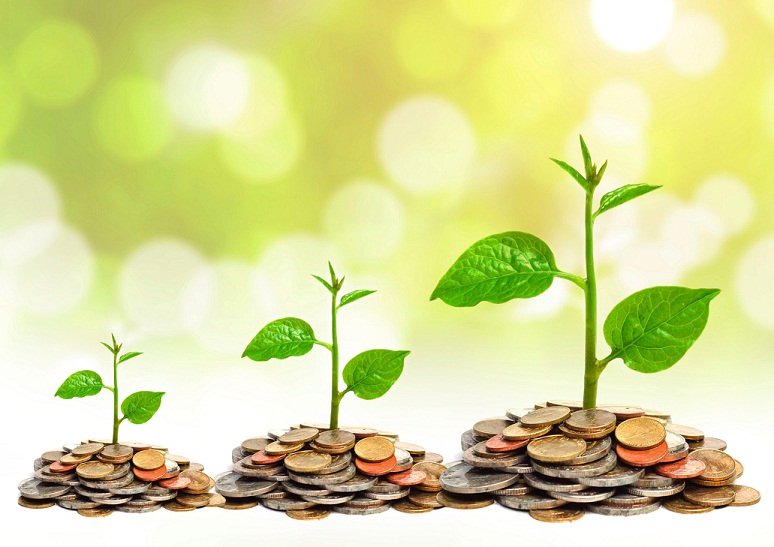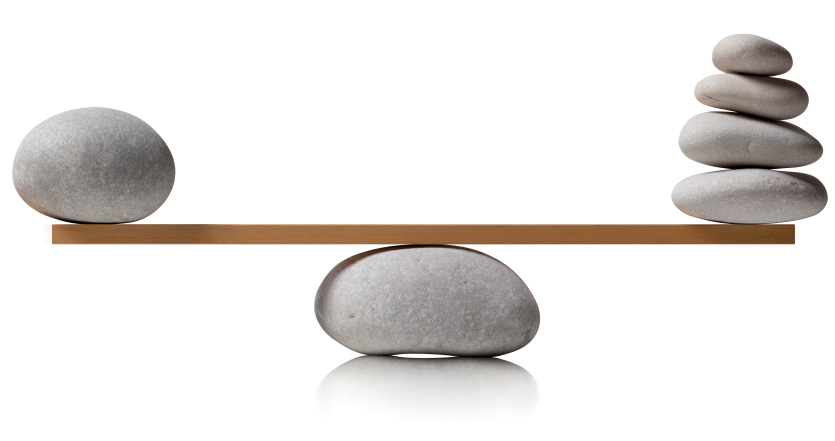Different Ways To Think About Your Time And Money To Lead To Better Financial Security
In one of my recent articles, I very briefly mentioned the fact that there can be a drawback to saving everything if you never spend it on enjoyment and self improvement. I want to go much deeper into that idea and give many here a different perspective on how to look at saving, spending and just money in general.

Having good information and knowledge about money in this day in age is a rarity amongst our population, which is surprising given the amount of time people spend using it. However, our public school system ultimately fails this part of education, leaving most clueless about personal finance altogether. For those looking to learn about personal finance, I want to suggest an alternative way to think about money and savings as a whole and attempt to find a balance that is right between how much we should save and how much we should spend.
Money As Store Of Energy
To start, I want to talk about the most important idea in this entire article, which is to think of money as a store of energy, doing so can completely change your outlook on life. If we think about our paycheck as a store of how much our energy is worth, it puts the value of your work and things around you in perspective. We as employees spend a certain amount of time in exchange for a certain amount of money per month, and in that month we are paid for that time.

For example say I work 10 hours and I receive a paycheck of $100 dollars, that would mean an hour of my time and energy is equal to $10. This im sure most people can grasp, but it is when we start looking at spending or saving that money is where the revelation comes. If we were to spend $400 on a Playstation 4, it would be worth 40 hours of our energy. To you , is that Playstation worth almost 2 days of energy? To some it might be, but to others they might wish to save it. Say we are 25 and can triple our money by the time of retirement when we take our money out. Inflation aside, if we took that 40 hours of energy that it cost to purchase that Playstation, we would be able to now have 120 hours worth of energy to spend in the future. We must make a decision on whether or not you want to be able to receive interest on your energy in time, past the point than you would physically be possible to gain. By saving that money you are essentially letting energy that you have saved up work as well, which leads to compound interest. By thinking about money as energy, you start to realize the real value of how much items are and how much better the pay off can be if you decided to save instead.
Time As An Asset
Many people have trouble thinking about time as an asset because it can’t be traded, bought or sold, but it is an asset in the sense that we all have a limited amount of it and the payout it produces correlates with money quite well. If someone could buy time, there would be an unlimited demand for it, as most people would want all the time in the world. The way we get around this is by purchasing other’s time and pay them according to what it is worth, but this is only a substitute as your own time is priceless. The way it correlates with money basic comes from the idea that if I were to spend 5 more hours using my time, the payout would be greater than if I had spent 5 hours watching television. The same idea works with education as well, if I spend 1000 hours getting my degree, then my time that I can sell on the market becomes more valuable. We should think of time as an asset that has the potential to produce “dividends” if it is being properly utilized to the greatest of its potential.

It is no surprise that time, is … time sensitive, meaning you will always only have a limited amount of it and even if you chose not to utilize it, it will still be used up. So this raises the question, why would we waste so much time not moving towards improving ourselves to raise our income instead of utilizing that time by learning a language, working extra hours or getting another degree? Of course as human beings, much of our time is already eaten up by sleep and an amount of enjoyment per day is a necessity to a happy life, but most Americans waste their potential on activities that bring little joy in the long run. If we think about time as an asset, we can properly maximize its potential within ourselves to better ourselves in the long run.
Balance Spending And Saving According To What Your Future Plans Are
Ultimately saving everything you get and never spending a penny will lead to a sad and pointless life of trivial monotony. Money is earned so you can spend it and enjoy your life, but you also must keep an idea of what your future plans are to gauge how much you should spend or save. If you desire to live your life now as much as you can and struggle later in life, then spending the majority might not be a bad idea. On the other hand if you want to live on the beach and retire at 60, saving a large portion of your income is the solution for you. Finding a balance between the two depends on the desires of what a person actually wants to achieve in the long term. For me, I want to retire young and pursue passions so I have decided to save most of my money, but you might disagree with that approach.

Ultimately the only thing that matters, and the reason we work is because we want to have the happiest life we can. What defines happiness is different for each person and what they desire in life varies as well. The goal of personal finance is not to restrict you from doing the things you want to do, but to help you better achieve a happier and more meaningful life in the long term. I know some of the ideas I talked about here are very confusing and I had a hard time trying to explain them, but if it changed even one of your minds on the subject then overall it was worth it.
-Calaber24p
